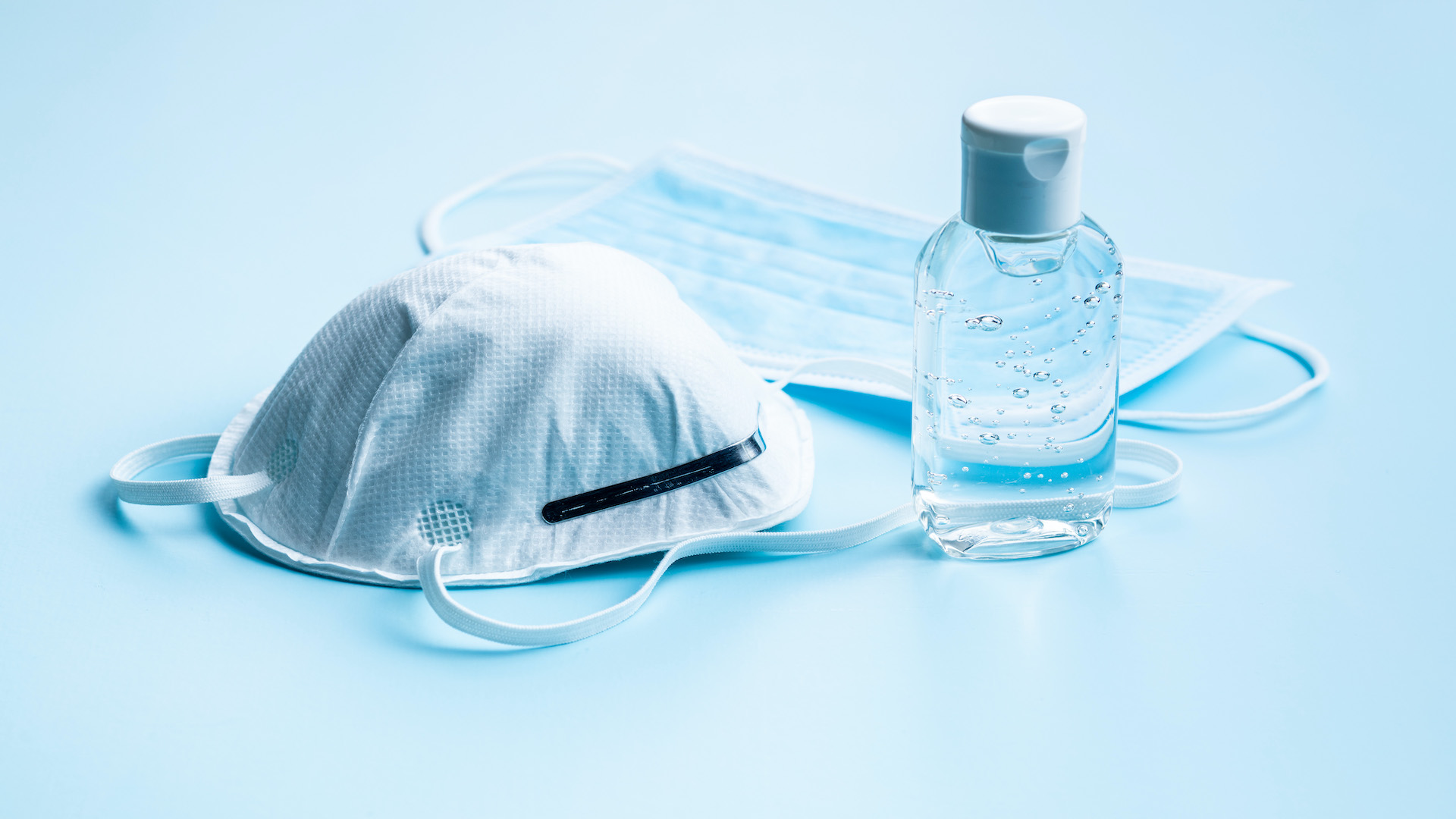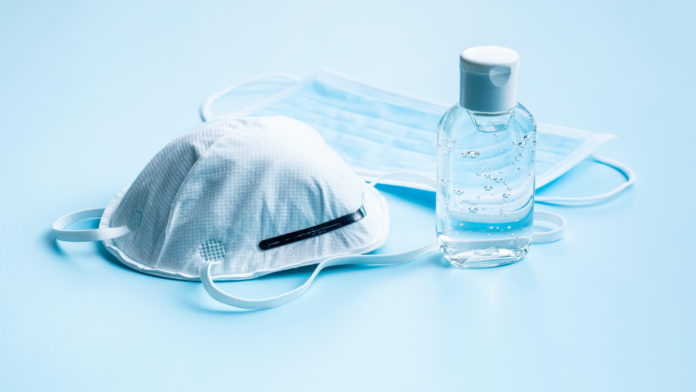From Enhanced Community Quarantine (ECQ) to Modified Enhanced Community Quarantine (MECQ) to General Community Quarantine (GCQ), Filipinos are now shifting back to MECQ. After living under the GCQ guidelines for over a month, wherein quarantine passes were no longer needed, businesses were reopened and traffic made a quick reappearance. We have to make changes to the lifestyle we have grown accustomed to.
1. Refrain from outdoor exercises
Although limited outdoor exercises like walking with masks and physical distancing are allowed in MECQ, it is best to refrain from doing so. This is to lessen the risk of COVID-19 on yourself and especially your community.
2. Indefinitely postpone planned gatherings
The pandemic has led to the cancellation of so many plans, but under GCQ it seemed like people made plans to briefly visit relatives or take a short trip away but right now, it may be best to postpone all planned gatherings. This may include small trips to a nearby restaurant or even weddings. The unexpectedness of the COVID-19 severity is unpredictable so it may be best to postpone these events.
3. Limit non-essential travel
If in GCQ you could go to the grocery anytime you wanted whilst following safety protocols, now you must be extra wary with your trips out of your house. If you do have to make a trip to buy essentials, plan ahead by listing what you need to buy and creating a time limit of your time out so that you do not spend long periods of time outside your home.
4. Immediately sanitize any packages
Because outside trips should be avoided, people have been relying on delivery services for items. Although COVID-19 may not be easily contracted through surfaces, it is best to immediately sanitize packages before bringing it in your home.
5. If experiencing any symptoms, quickly inform the people you live with.
Symptoms of COVID-19 that include, shortness of breath, fatigue, loss of appetite, and more should be immediately told to your housemates. This is so they can help you start quarantining and also quarantine themselves.
6. Keep busy
Staying indoors all day long can get taxing on mental health and may affect our relationships with the people we live with thus it is important to keep busy. Those who work or learn from home may be busy but for those who aren’t, try to fill your day with things you enjoy. This can help ease anxiety and prevent cabin fever. Keeping busy does not necessarily mean you have to be productive all day long. You can fill your time, watching tv shows, movies, or cleaning your home.
7. Keep in touch
Never forget to keep in touch with your relatives, friends or coworkers this serves as a sense of normalcy and sociality in a time where we cannot see each other as often as we used to. This also serves as not only a check-up on your loved ones but also a check up on yourself.
As the pandemic continues, let’s remember that COVID-19 prevention is a community effort.








